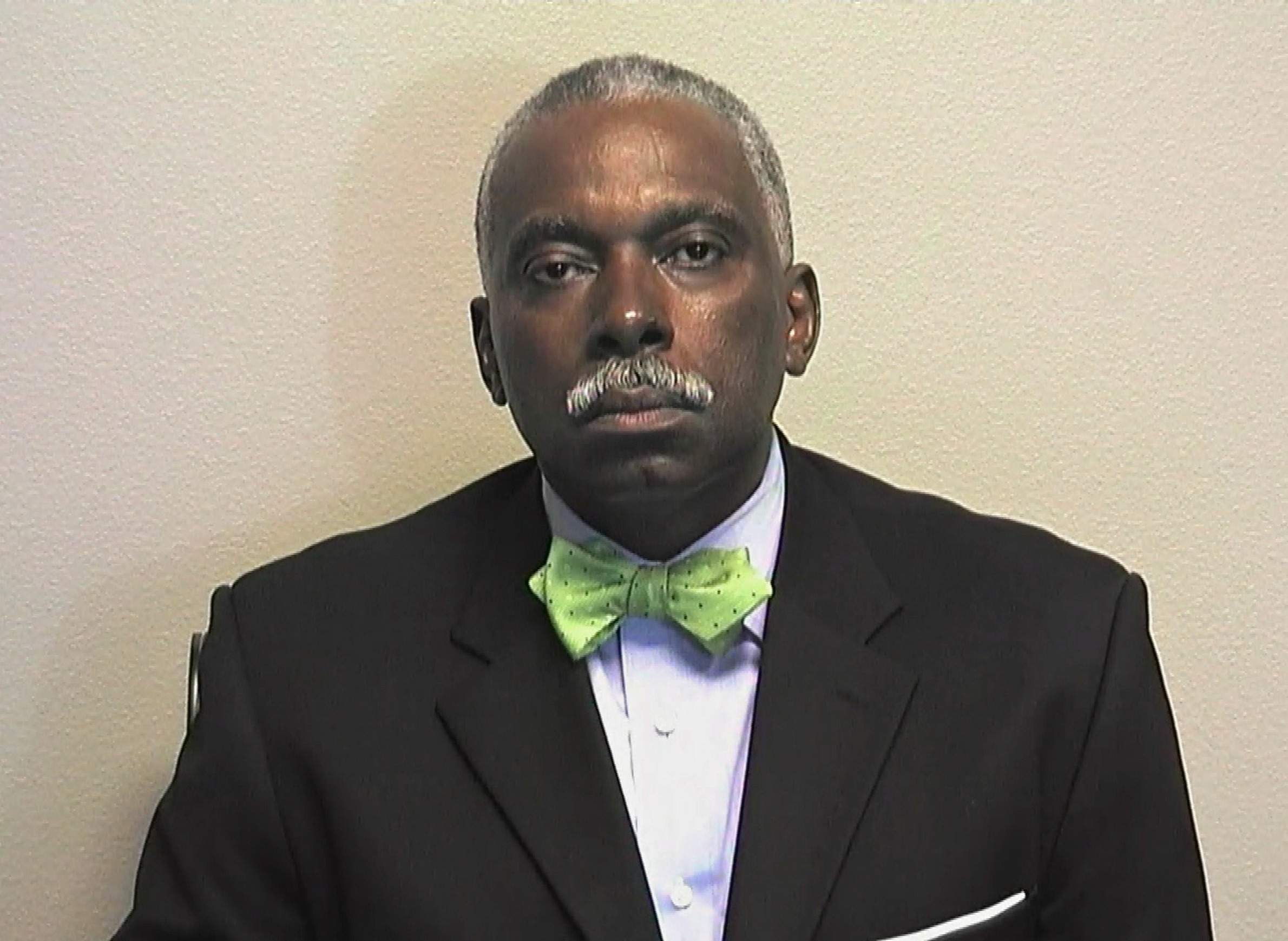
Baker: "This is truly a public-health epidemic that we need to curl back."

Baker: "This is truly a public-health epidemic that we need to curl back."
The opioid crisis is hitting rural and suburban areas hard, but that doesn't mean people in Wisconsin's largest city have been spared. Officials and health-care providers in Milwaukee have worked over the past couple of years to better understand and take on the city and county's rash of overdose deaths.
The Milwaukee County Medical Examiner's Office announced in April that it expected to record more than 400 drug-related deaths by the end of in 2017, and its Twitter account (@mkemedexamine) often focuses on opioid-related updates. Despite frequent news updates that declare the arrival of a deadly new drug, though, the reality is more complicated and insidious — the supply illicit opioid users are exposed to constitutes an ever-evolving mix of prescription medications, heroin, fentanyl and chemically novel synthetic opioids.
The city and county of Milwaukee launched a new drug task force in March 2017, and its members include city health commissioner Bevan Baker. In a June 16, 2017, interview with Wisconsin Public Television's Here & Now, he discussed what he thinks is the best approach to tackling the opioid epidemic in Wisconsin's most populous county.
"This is certainly the crisis that's hot on our list at this time," Baker said. He also said Milwaukee has "great support from the state of Wisconsin." The state legislature is continuing its efforts and prevent opioid-related deaths through its HOPE Agenda.
Baker emphasized that state and local officials will need both the federal government and medical community to step up their efforts. He said recent talk at the federal level about increased illegal drug interdiction and border security might be helpful, but doesn't strike at the root of the epidemic nor its human costs.
"I want to see federal support at any level ... but this is not just a law-enforcement issue alone, this is truly a public-health epidemic that we need to curl back," Baker said. He would like to see federal officials provide local governments with more funding for prevention efforts, and make it easier for mental-health and substance-use counselors to bill Medicare and Medicaid.
Prescription painkillers certainly helped to set the stage for the ongoing explosion of opioid abuse. Health care providers in Wisconsin and beyond have been grappling with how to continue to treat chronic pain without doing further damage. Baker said he believes doctors are doing a better job at reining in potentially addiction-seeding prescriptions and spreading awareness, but added "there are people who go from provider to provider to get medications once they have an addiction."
It's not clear how prevalent so-called "doctor shopping" is in the state — though recent state efforts to track opioid prescriptions has found evidence that people do it. And, of course, not everyone using illicit opioids is dealing with medical professionals or prescription drugs. Still, Baker stressed the role that doctors have in the collaborative effort to prevent addiction and overdose deaths.
"We need everyone including physicians to wrap their arms around this issue," he said.